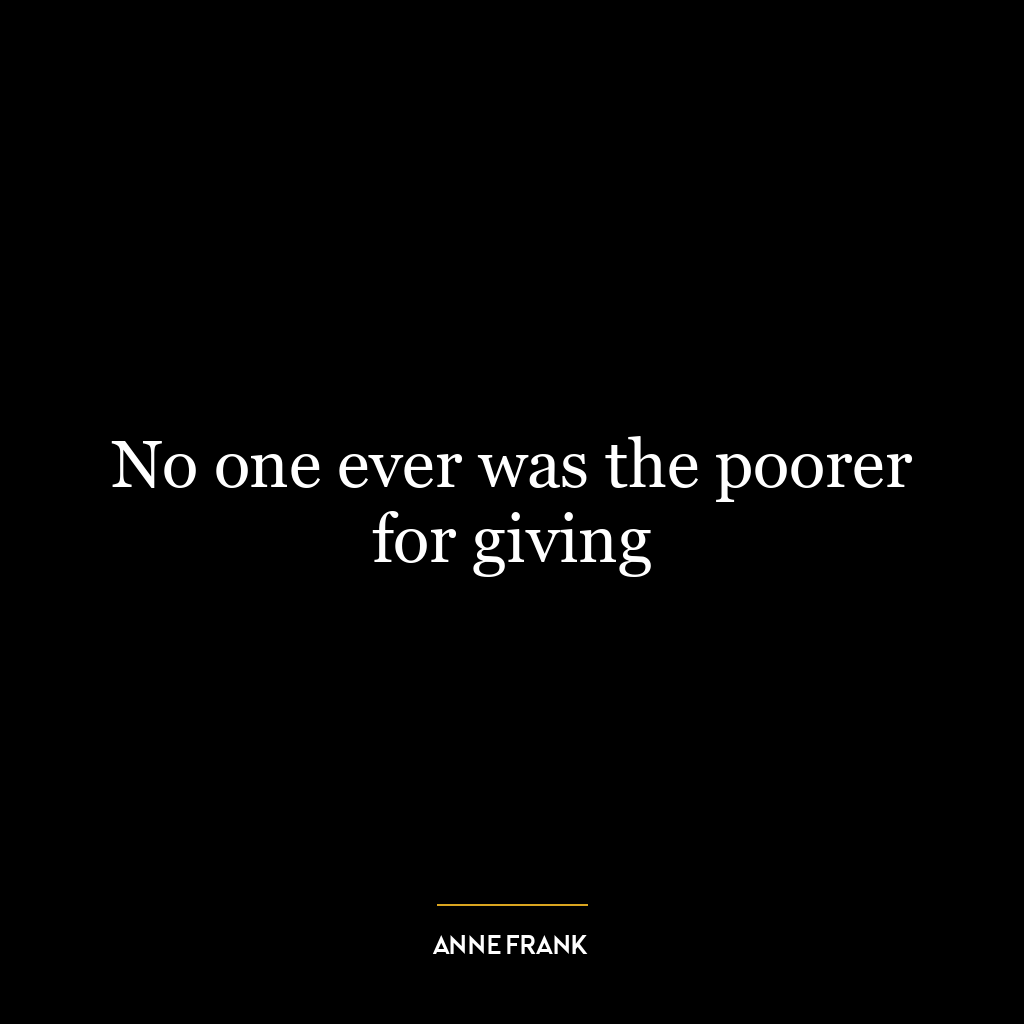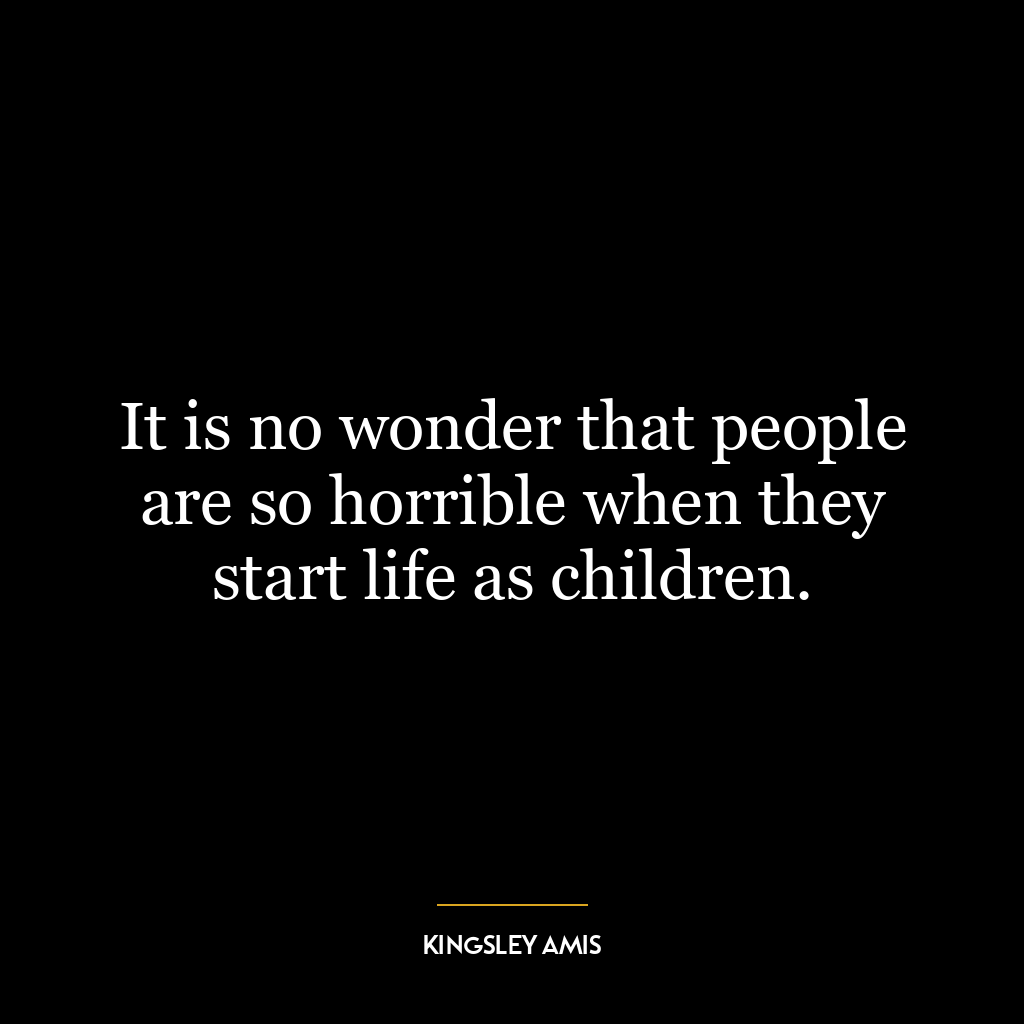Jay McInerney Quotes
- Author
- 1955
Jay McInerney is an American novelist and short story writer best known for his 1984 novel Bright Lights, Big City. His other works include Ransom, Story of My Life, Brightness Falls, The Last of the Savages, and The Good Life. McInerney’s writing style is characterized by its wit, humor, and…Read More
Jay McInerney is an American novelist and short story writer best known for his 1984 novel Bright Lights, Big City. His other works include Ransom, Story of My Life, Brightness Falls, The Last of the Savages, and The Good Life. McInerney’s writing style is characterized by its wit, humor, and insight into the lives of young urban professionals. He has been praised for his ability to capture the zeitgeist of the 1980s and 1990s.Read Less
Jay McInerney is an American novelist and short story writer best known for his 1984 novel Bright Lights, Big City. His other works include Ransom, Story of My Life, Brightness Falls, The Last of the Savages, and The Good Life. McInerney’s writing style is characterized by its wit, humor, and insight into the lives of young urban professionals. He has been praised for his ability to capture the zeitgeist of the 1980s and 1990s.
17 Best Jay McInerney Quotes
Jay McInerney Career Highlights
- McInerney’s first novel, “Bright Lights, Big City” (1984), was a major success and became an instant bestseller. It was later adapted into a film starring Michael J. Fox.
- His second novel, “Ransom” (1985), was also well-received and solidified his place as a prominent voice in contemporary literature.
- In 1988, McInerney published “Story of My Life,” which was inspired by the real-life story of a young woman he met in a bar. The novel received critical acclaim and was a commercial success.
- In 1992, McInerney published “Brightness Falls,” a novel that explored the lives of a group of New Yorkers during the 1980s stock market boom. It was a New York Times bestseller and was nominated for the National Book Award.
- McInerney’s other notable works include “The Last of the Savages” (1996), “Model Behavior” (1998), and “The Good Life” (2006).
- In addition to his novels, McInerney has also written for various publications, including The New Yorker, Vanity Fair, and The New York Times Book Review.
Key Contributions by Jay McInerney
- McInerney’s writing style is often described as witty, sharp, and satirical. He is known for his ability to capture the essence of New York City and its elite society.
- His works often explore themes of love, relationships, and the pursuit of the American Dream, with a focus on the lives of the wealthy and privileged.
- McInerney’s novels have been praised for their realistic and relatable characters, as well as their commentary on contemporary society.
- He has been credited with helping to define the literary genre of “brat pack” or “yuppie lit,” which emerged in the 1980s and focused on the lives of young, affluent professionals.
What Sets Jay McInerney Apart
- McInerney’s writing is heavily influenced by his own experiences growing up in a wealthy family and living in New York City. This gives his works a sense of authenticity and depth.
- He is known for his ability to capture the nuances of human relationships and the complexities of modern society, making his works relatable to a wide audience.
- McInerney’s writing has evolved over the years, with his later works delving into more serious and introspective themes, while still maintaining his signature wit and humor.
Takeaways
- Jay McInerney is a highly acclaimed novelist and journalist, known for his sharp and satirical writing style.
- His works explore the lives of the wealthy and privileged in New York City, with a focus on themes of love, relationships, and the pursuit of the American Dream.
- McInerney’s writing is influenced by his own experiences and has evolved over the years, making him a versatile and dynamic writer.
- His contributions to literature have helped define the “brat pack” or “yuppie lit” genre and have solidified his place as a prominent voice in contemporary literature.







